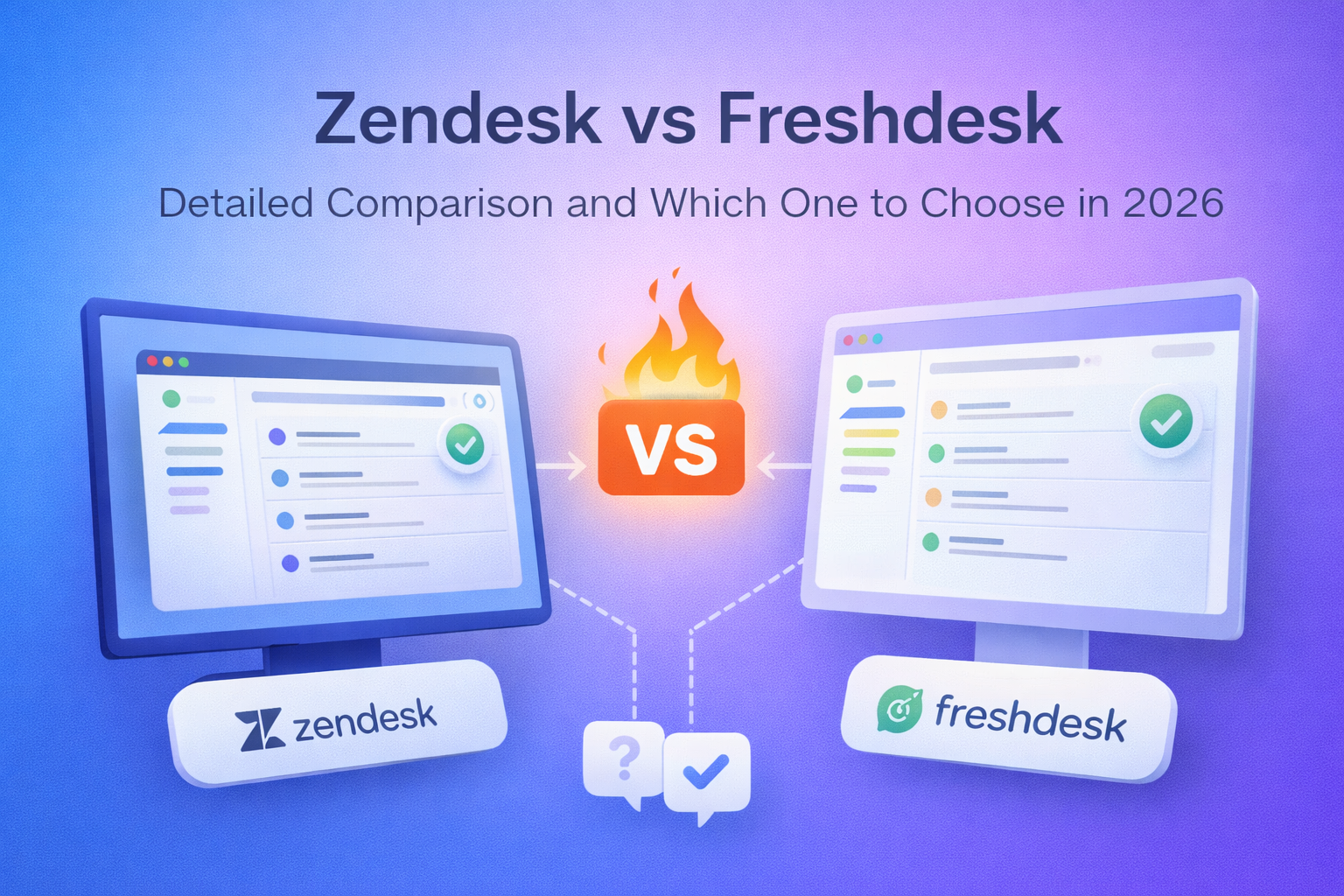A year ago, AI in support was still a novelty—something you experimented with on a small scale or added as a “beta” feature. In 2025, it’s foundational.
Most IT, customer service, and HR teams already have AI embedded somewhere in their workflow. The question has shifted from “should we try it?” to “how far can we let it run?”
Today’s baseline is far beyond what seemed futuristic in 2023. Large language models (LLMs) don’t just summarize tickets—they:
- Route requests instantly to the right team
- Trigger multi-step workflows across systems
- Surface solutions from knowledge bases before an agent even searches
- Take real-time action inside Slack, Microsoft Teams, ServiceNow, and email—without waiting for a human prompt
For many teams, this means the “support desk” is no longer a place—it’s a distributed, AI-powered layer that spans every channel where work happens.
The First Use Case We All Started With
When ChatGPT first entered the mainstream, the default idea was “AI that answers customer questions.”
You still see it today—high-volume FAQs automated to save human time—but that’s now the least interesting use case.
Forward-looking teams are using AI to:
- Detect support trends early, before they become backlogs
- Monitor systems for errors and auto-create tickets the moment issues occur
- Proactively resolve common requests without a human in the loop
This shift mirrors what we saw in DevOps—automation that starts reactive but quickly becomes proactive, preventing problems before they impact users.
What Intercom Got Right—And What’s Changed
Shortly after ChatGPT’s release, Intercom rolled out AI-powered summarization and tone control. Their approach—embedding AI into the agent’s workflow instead of forcing customers through rigid chatbots—was a smart move.
But in 2025, those once-cutting-edge features are table stakes. Zendesk, Salesforce, Freshdesk, and even smaller platforms now offer built-in summarization, sentiment detection, and tone adjustments. What’s different today is scope and speed:
- AI can listen across every channel simultaneously (Slack, Teams, email, web chat)
- It can trigger workflows in connected systems (Jira, ServiceNow, Trello)
- It can learn your org’s preferred responses, knowledge base, and escalation rules—without months of custom training
The Near-Term Future (1–2 Years)
Over the next 24 months, expect support AI to become:
- More real-time: Models will work alongside live chat and voice calls, providing on-the-fly suggestions or resolving simple requests mid-conversation.
- Fully multimodal: AI won’t just process text—it will interpret screenshots, log files, and even short screen recordings to diagnose issues.
- Deeply integrated into ticketing: From the moment an issue is detected, AI will enrich the ticket with context, related incidents, and potential fixes before an agent touches it.
The net effect? Faster resolutions, fewer escalations, and lower average handle time without increasing headcount.
The Mid-Term Future (5–10 Years)
Looking further ahead, support teams will operate in ways that feel almost invisible compared to today’s model:
- Proactive support agents: AI will solve recurring issues before the customer even notices. For example, if a known bug affects a subset of users, the fix and communication will go out automatically.
- Unified conversation layers: Agents won’t care if a request originated in Slack, Teams, email, or a customer portal—the AI will merge these into a single, threaded history.
- Role-based AI assistance: Whether you’re in IT, HR, or customer service, AI will adapt its workflow to your department’s policies and knowledge sources in real time.
By this stage, the idea of “opening a ticket” will be as outdated as faxing in a support request. Most issues will be resolved before they’re formally logged.
The Long View (20+ Years)
We’ve been dreaming about “flying cars” in tech for decades, but the most disruptive shifts often come from places we didn’t expect. Just as remote work transformed office life more than any transportation innovation, AI will likely change support in ways we can’t fully imagine.
If one thing is certain, it’s this: the support function will evolve from reactive problem-solving to proactive system design, with human involvement reserved for high-stakes, complex scenarios.
What This Means for Today’s Leaders
For IT, customer service, and HR directors, the implication is clear:
- AI isn’t a side project—it’s infrastructure
- The skills your team needs are shifting from repetitive ticket handling to strategic, complex problem-solving
- Early investment in AI-driven workflows creates a compounding advantage: the more you automate now, the more training data and efficiency gains you’ll have later
The future of support isn’t about replacing people. It’s about empowering them to spend their time where it matters most—on the critical projects that move your organization forward—while AI quietly handles the rest.
Bottom line: The next era of support will be faster, more integrated, and more proactive than anything we’ve seen before. And in 2025, the smartest teams aren’t just preparing for it—they’re building it.
About Foqal
Foqal is the AI-powered ticketing platform built for modern support teams. We help IT, HR, and Customer Success teams automate workflows inside Slack and Microsoft Teams—so you can route, resolve, and report faster.
Looking to level up your support?
👉 Explore our platform
👉 See customer stories
👉 Start a free 30-day trial





